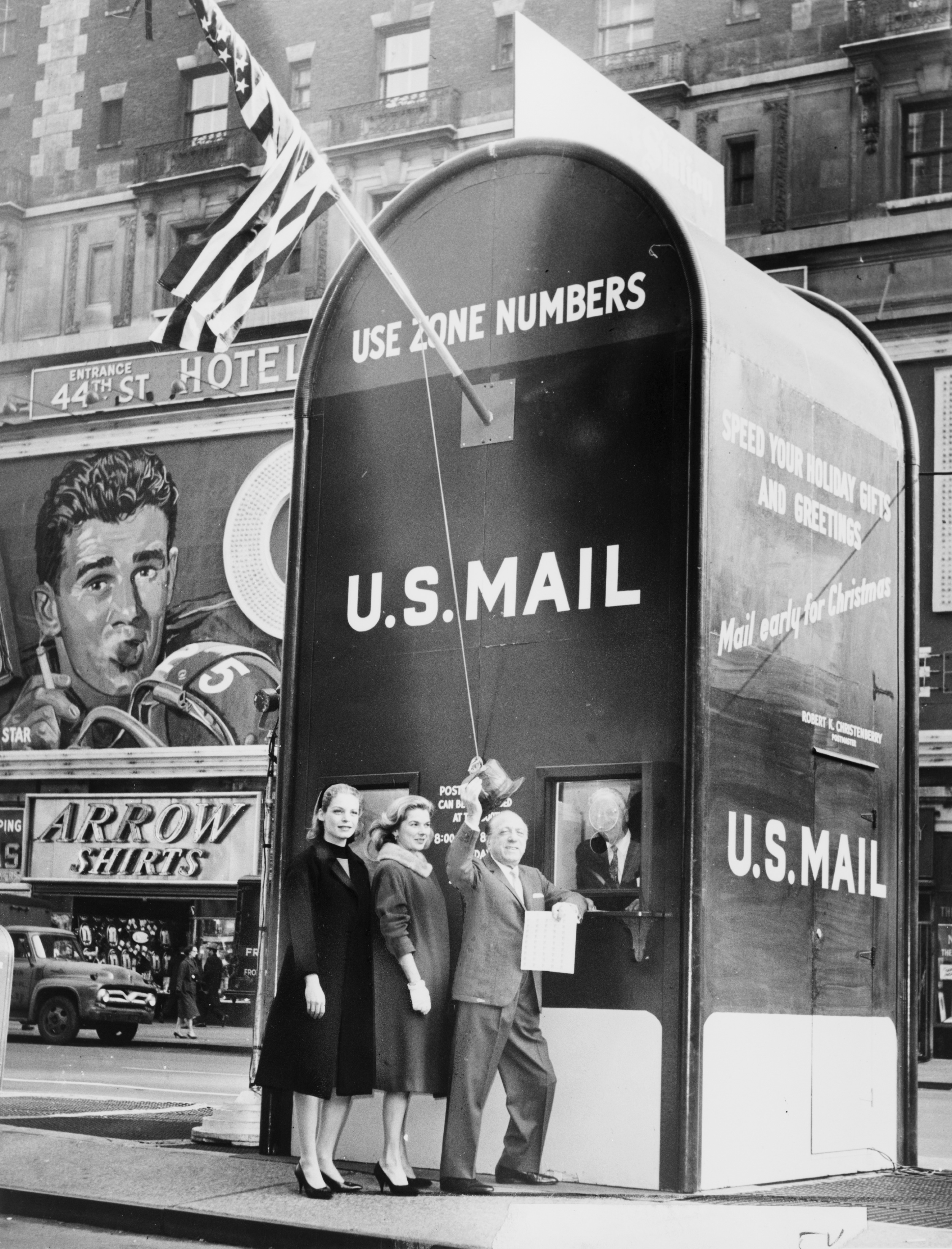The German postal system grew from the nation’s military courier apparatus to become a multifaceted marvel, contributing subsequently to networks all over the world, leaving its mark on Soviet socialism and American capitalism. It has a latter-day parallel, of course, in the Internet, which was incubated and nurtured by the U.S. Defense Department wing DARPA. The Financial Times has a passage from David Graeber’s The Utopia of Rules about the mixed blessing of bureaucracy, which allows for large-scale progress, making the unthinkable manageable, before beginning to succumb to its own weight, a sideshow giant who wows until his heart gives out. An excerpt:
All these fantasies of postal utopia now seem rather quaint. Today we usually associate national postal systems with the arrival of things we never wanted in the first place: utility bills, overdraft alerts, tax audits, one-time-only credit-card offers, charity appeals, and so on. Insofar as Americans have a popular image of postal workers, it has become increasingly squalid.
Yet at the same time that symbolic war was being waged on the postal service, something remarkably similar to the turn-of-the-century infatuation with the postal service was happening again. Let us summarise the story so far:
1. A new communications technology develops out of the military.
2. It spreads rapidly, radically reshaping everyday life.
3. It develops a reputation for dazzling efficiency.
4. Since it operates on non-market principles, it is quickly seized on by radicals as the first stirrings of a future, non-capitalist economic system already developing within the shell of the old.
5. Despite this, it quickly becomes the medium, too, for government surveillance and the dissemination of endless new forms of advertising and unwanted paperwork.
This mirrors the story of the internet. What is email but a giant, electronic, super-efficient post office? Has it not, too, created a sense of a new, remarkably effective form of cooperative economy emerging from within the shell of capitalism itself, even as it has deluged us with scams, spam and commercial offers, and enabled the government to spy on us in new and creative ways?
It seems significant that while both postal services and the internet emerge from the military, they could be seen as adopting military technologies to quintessential anti-military purposes. Here we have a way of taking stripped-down, minimalistic forms of action and communication typical of military systems and turning them into the invisible base on which everything they are not can be constructed: dreams, projects, declarations of love and passion, artistic effusions, subversive manifestos, or pretty much anything else.
But all this also implies that bureaucracy appeals to us — that it seems at its most liberating — precisely when it disappears: when it becomes so rational and reliable that we are able to just take it for granted that we can go to sleep on a bed of numbers and wake up with all those numbers still snugly in place.
In this sense, bureaucracy enchants when it can be seen as a species of what I like to call “poetic technology” — when mechanical forms of organisation, usually military in their ultimate inspiration, can be marshalled to the realisation of impossible visions: to create cities out of nothing, scale the heavens, make the desert bloom. For most of human history this kind of power was only available to the rulers of empires or commanders of conquering armies, so we might even speak here of a democratisation of despotism. Once, the privilege of waving one’s hand and having a vast invisible army of cogs and wheels organise themselves in such a way as to bring your whims into being was available only to the very most privileged few; in the modern world, it can be subdivided into millions of tiny portions and made available to everyone able to write a letter, or to flick a switch.•
Tags: David Graeber

